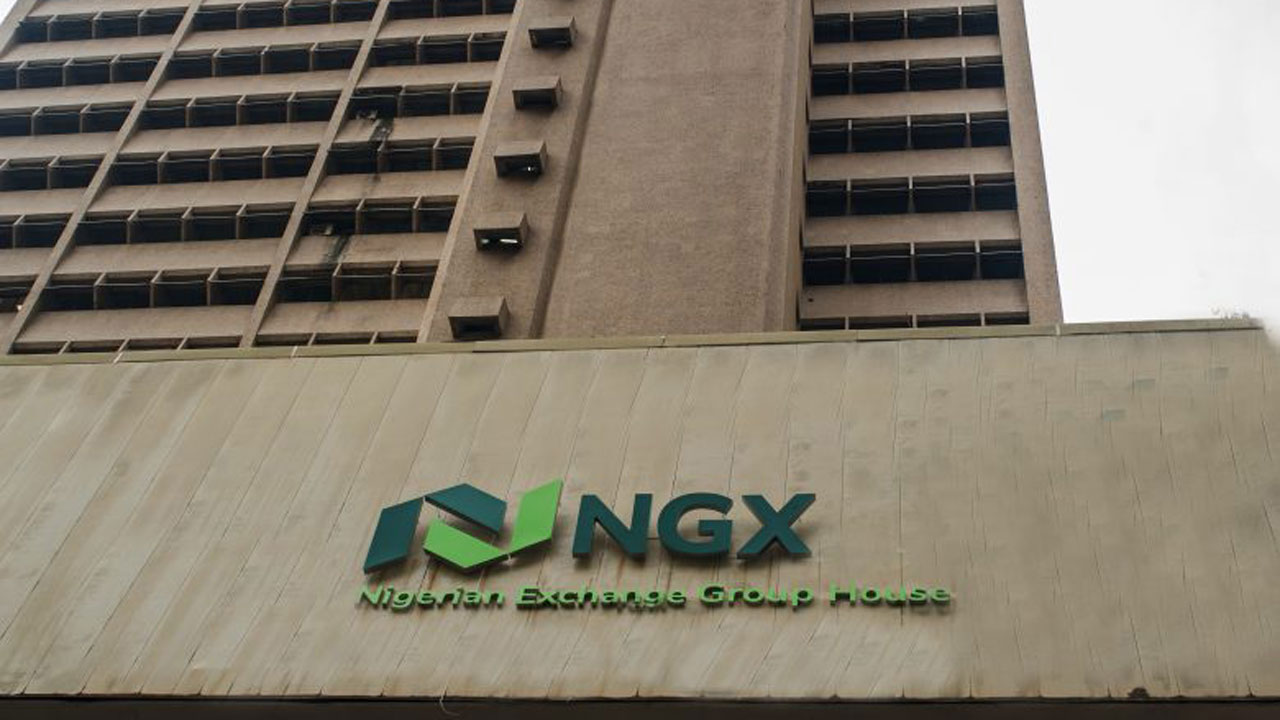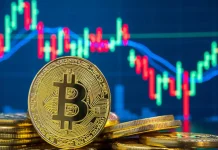The Lekki Free Zone Development Company in collaboration with Gluwa, a company that develops blockchain technology, is examining the possibility of fostering a partnership that will encourage the use of blockchain to promote trade collaboration, growth, and sustainability among new and existing Free Zone enterprises.
The cooperation would investigate the possibility of establishing a virtual free zone inside the LFZ, according to a statement.
It said that Tomiwa Idowu, the head of the strategy, innovation, and special projects at Lekki Free Zone, revealed that talks between the company, the Nigerian Export Processing Zones Authority, and the Gluwa team were in progress.
When the partnership is complete, according to Idowu, it will produce a dashboard for the tokenization of goods into non-fungible tokens and offer loans backed by digital assets to new and existing businesses looking to fund operations and grow their operations, much like the integration of OpenSea and Compound.
He said, “I am extremely excited and motivated by the endless possibilities and enormous potentials of such a partnership, it would further establish Lagos State as Africa’s leading sub-national in terms of innovation, economic development and revenue generation.”
The usage of blockchain technology within Special Economic Zones was not a novel idea, the statement claimed, since China, Russia, and Switzerland had already started putting their plans for the technology into practise.
Due to its size and proximity to the Deep-Sea port and the Dangote refinery, the company was eager to cooperate with the Lekki Free Zone, according to Gluwa’s Chief Executive Officer, Tae Oh.
He said, “Trading has been the bedrock of the Nigerian economy, with annual volumes running into billions of dollars. We believe the digitisation of the sector can allow us to harness its full potential. For instance, a standard process to digitise goods manufactured or processed within the zone in tandem with a market system on ‘Web 3’ will allow manufacturers to trade globally via the blockchain.”
He added that all trades would not only be registered but would benefit from the incentives of the Lekki Free Zone, such as zero taxation and free circulation of goods.
“As soon as the goods get settled for export by the in-Zone Customs Processing Center, they will get shipped out straight from the Lekki Free Zone via the Deep-Sea port. This would reduce delays, eliminate human errors, exponentially drive-up Nigeria’s non-oil exports and sustain a positive trade balance for the nation. While we are still working out the fine details and a specific framework with NEPZA, we believe it is the future of commerce and trade in Africa,” Tae Oh added.












